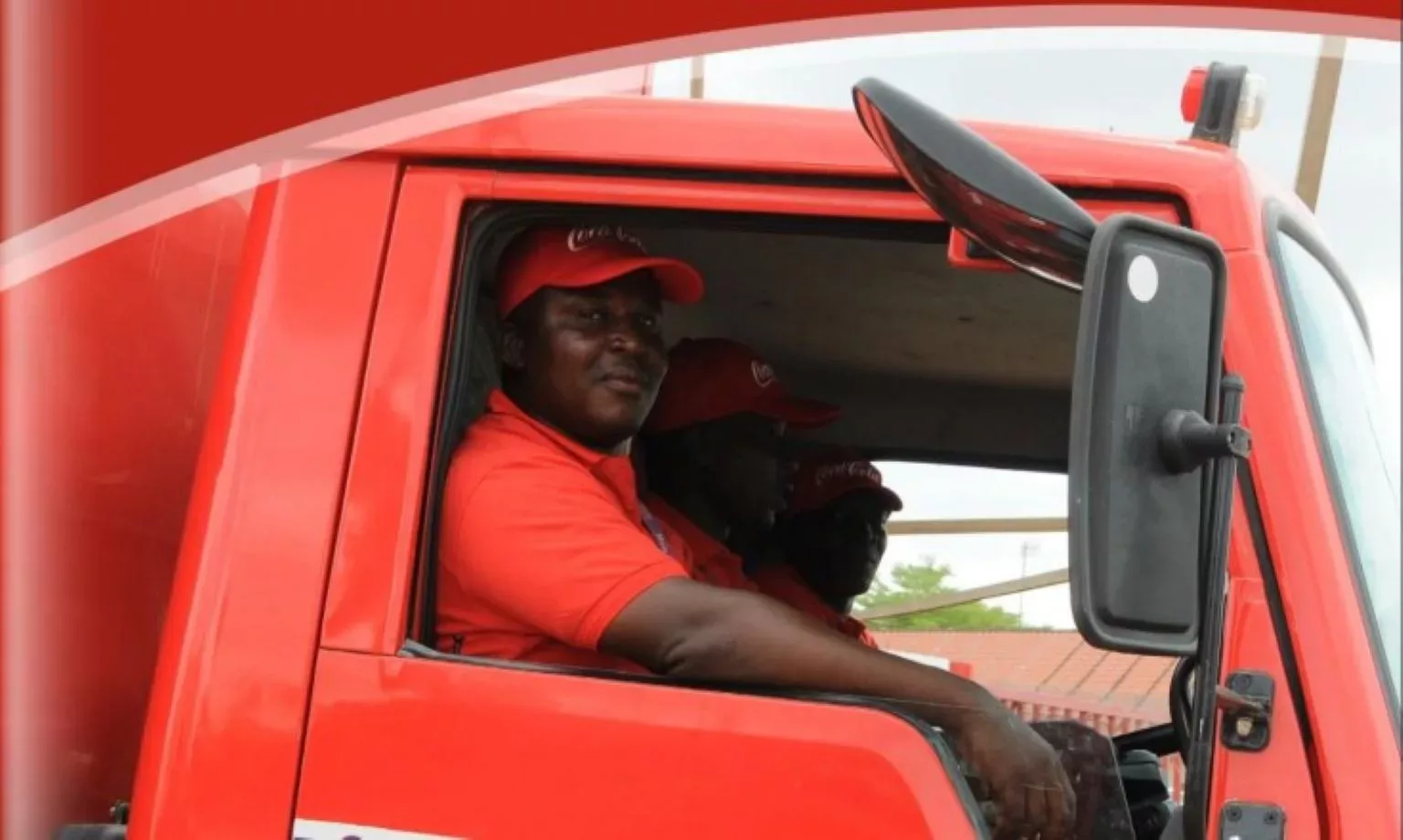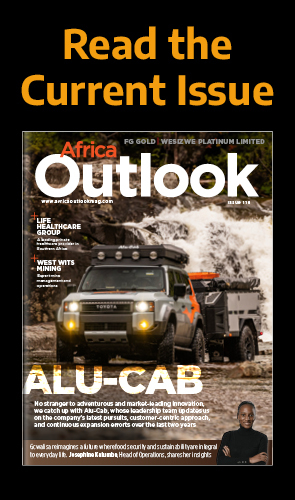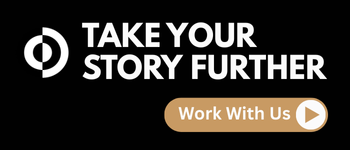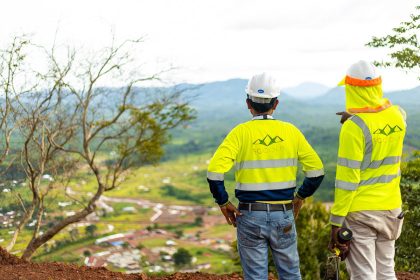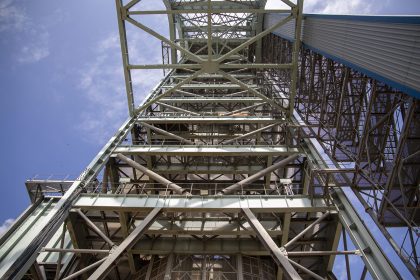Bonagui SA, part of Equatorial Coca-Cola Bottling Company, looks to inspire moments of optimism and happiness while creating value and making a difference for Guinea Conakry.
INTRODUCTION
For the past 30 years, Bonagui SA has expanded, inspired, enriched and innovated under the guidance of the Equatorial Coca-Cola Bottling Company, the official bottler of Coca-Cola products in 13 countries of Africa, bringing refreshing products and outlooks to Guinea Conakry’s population.
Officially inaugurated in October, 1987, back then the Company only had 100 employees to its name, but three decades on the subsidiary can boast more than 400; all of whom supply the Coca-Cola Company across the entire country, reaching an impressive 12,000 outlets.
“Bonagui SA is part of Equatorial Coca-Cola, an international business group that operates on a local scale, in every community of Guinea where we do business,” introduces the Company’s General Manager, Jean Ntambwe. “Bonagui manufactures, packages, merchandises and distributes a portfolio of Coca-Cola branded beverages, as well as some of the region’s favourite local brands, to our customers and vending partners, who then sell our products to consumers.
“We also have dedicated distributor partners called Managed Distributor Centres (MDC) to reach out to our customers (retailers) who comprise grocery stores, restaurants, street vendors, convenience stores, hawker tables, amusement parks, and many others; to all of which we execute localised strategies developed in partnership with our Company. Customers then sell our products to the end consumers.”
As the Company’s reach and influence has expanded, so too has its product range; initially starting with the production of 30cl RGBs (returnable glass bottle) across its core branded carbonated soft drinks (Coke, Fanta, Sprite and Schweppes), before diversifying into three new categories in the form of water (Bonaqua), energy (Power Play) and juices (Rani).
Consequently, Equatorial Coca-Cola in Guinea currently enjoys a 60 percent market share in the beverage sector, as a result of the business’s ability to monitor consumer trends and adapt accordingly.
Recently, such adaptations have included a veer towards more convenient PET and can sizes, the launch of lower calorie products such as Coke Zero, and an ongoing review of its route to market “to ensure perfect execution at the points of sale”.
Ntambwe continues: “Ultimately though, our secret recipe to success is our people and we are investing in their capacity to ensure the right execution daily, with a robust commercial routine.
“With 100 feet on the ground we are able to ensure brilliant execution across our trade routes, calling on 12,000 outlets to capture and retain new customers into our franchise.”
THE BEST PLACE TO BE
This sheds light on the most necessary and poignant capabilities of Bonagui SA, in being an effective local entity despite its evident international support and clout.
As an example, the past three years has seen the number of expats employed in its executive committee cut drastically, in order to promote local talent instead.
Undoubtedly a challenge over the years, formulating a sustainable talent pool and identifying fresh local skills to take the business forward is now an achievable aim for the Company; in turn making it a natural employer of choice.
“We are now building the best place to be for any talent who wishes to unlock and develop his or her leadership skills,” Ntambwe emphasises. “We are investing in our 400 employees’ skills and knowhow from bottom to top management, not only to deliver sustainable and profitable results in the market place and workplace, but to help develop leaders who will act as owners of this business and leave a legacy.”
Further indictments of Bonagui SA’s localisation strategy are illustrated by the Equatorial Coca-Cola’s supply chain management strategy whereby, once again, it is looking to improve the entire infrastructure for long-term gains, rather than for short-term profit.
“We are committed to supplier diversity, and are giving all suppliers – especially local suppliers – equal access to purchasing opportunities. This is a profitable strategy as it allows healthy competition between our vendors, to drive innovation, and to open new supply channels for the Company,” Ntambwe iterates. “In general, giving back to the local community in which we operate is a key pillar and value as part of sustainability development.
“Since Equatorial Coca-Cola was created 20 years ago, we actively took part, along with the Coca-Cola Africa Foundation (TCCAF), in Community development programmes; the main focus revolving around education, water stewardship, health and sustainability.”
Since then, the Company has played an active role in tackling challenges such as the Ebola Virus – through numerous donations in collaboration with the Government of Guinea – and cataracts via a partnership with Barraquer, the Minister of Health and Prosmi whereby more than 230 patients were treated.
Recently, the Company has also delivered, together with TCCAF and Medshare, a container with lifesaving medical materials, worth US$200,000. The direct recipients of these donations were the Baro Hospital and the Medical Centre Enta.
“On the education and sustainability side we helped to empower 400 women,” Ntambwe continues. Following the EVD (Ebola virus disease), many women were left without resources and providing them with financial sustainable resources was key to reinforce the community.
“400 of these women were trained to run a small business (cold drink equipment), and provided with the materials and credit – supported by our sales force – whereby they have been able regain their pride, autonomy and their place in their community. This programme will be scaled-up to 1,000 women in the future.”
MAKING A DIFFERENCE
Entrenching itself so deeply and responsibly into the fabric of Guinea’s communities inevitably allows for closer collaboration and interaction with the general population, which – in turn – aids market research as well.
The aforementioned diversification of packaging size, product types and healthy options have all been driven as a consequence while the adoption of more advanced technologies in the country has opened new doors from a marketing perspective.
“Social media in Guinea is shaping opinions among young people, with wider telecom coverage,” Ntambwe offers as an example. “[Through monitoring potential consumer trends via these mediums], Equatorial Coca-Cola in Guinea has been reinforcing its portfolio of brands in each category, investing in production capacity for both RGB and PET while increasing warehousing capacity to counter competition and avoid destroying value through a price war.”
As Ntambwe aptly reflects, “the only constant is change”, and this is certainly true of a sector so hinged upon consumer fluctuations, and a country still very much in ‘emerging’ mode and expanding its knowledge-base at a rapid pace.
“To continue to thrive as a business over the next 10 years and beyond, we must look ahead, understand the trends and forces that will shape our business in the future, and move swiftly to prepare for what’s to come,” Ntambwe affirms to this end. “We must get ready for tomorrow, today, and this means bold investment ahead of demand.
“In the coming years, Bonagui SA will have increased its volume size, upgraded its profit, and will have contributed towards leaving a legacy by refreshing all Guineans; inspiring moments of optimism and happiness while creating value and making a difference for Guinea, Equatorial Coca-Cola and The Coca-Cola Company”



